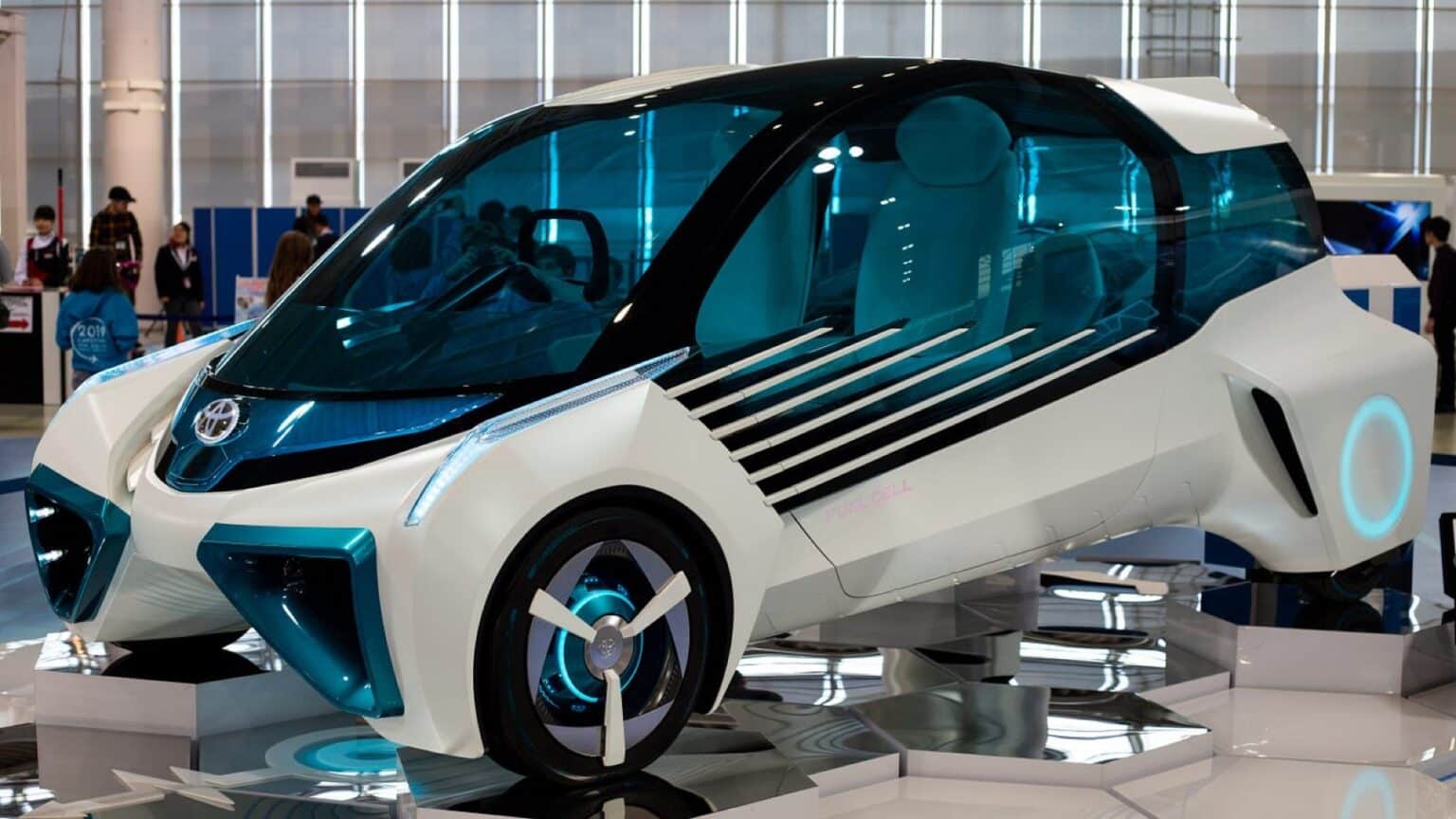Water has always been a source of life, but now, it’s set to power cars, reshaping the future of clean energy. While hydrogen has long been hailed as the primary clean fuel for the automotive sector, recent developments suggest that water-based fuel might take the lead. The introduction of the first water-powered car has sparked discussions among experts, with some even suggesting that this breakthrough could mark “the end of hydrogen” as the go-to clean fuel.
Electriq Global, an Australian-Israeli company, has developed a revolutionary fuel that is 60% water-based. Using innovative technology, Electriq extracts hydrogen from water and uses it to power vehicles, offering a cheap, clean, and safe fuel alternative. The potential impact on global energy consumption and the automotive industry is immense.
Hydrogen has long been touted as the future of green transportation, but Electriq’s water-based fuel may push hydrogen to the background. Unlike hydrogen, water is an abundant and sustainable resource, and Electriq’s fuel system offers several advantages over current green technologies. The liquid fuel is stable at room temperature and pressure, providing twice the range at half the cost compared to hydrogen or lithium-ion batteries.
Electriq’s process involves dissolving water into hydrogen and oxygen, using the hydrogen to generate energy in a more efficient and eco-friendly manner. This water-based fuel system is also lightweight and portable, eliminating the need for the specialized infrastructure that hydrogen-powered vehicles require. This advantage alone may position water-fueled cars as a more practical solution for mass adoption.
Guy N. Michrowski, CEO of Electriq Global, highlights the technology’s potential: “Our technology brings dramatic news of improvement in driving range, refueling time, and cost of fuel and changes the rules of the game in many fields, including transportation and energy storage.”
The rise of water-based fuel has raised questions about the future of hydrogen as a clean energy source. While hydrogen-powered vehicles have long been promoted as the next big thing for sustainable transportation, high costs and limited infrastructure have hindered their widespread adoption. Water-based fuel, on the other hand, is affordable, readily available, and easy to store, offering a more straightforward and secure alternative.
Industry insiders are starting to view water-based fuel systems as a game-changer that could make hydrogen obsolete before it fully takes off. Despite significant investments from governments and automakers in hydrogen technology, water-fueled vehicles present a simpler, more affordable, and safer solution.
As water-based fuels gain momentum in the clean energy conversation, some experts suggest that investing in hydrogen infrastructure may no longer be the most practical strategy. If water-powered cars become the norm, they could spell the end not only for hydrogen but also for gasoline and other harmful fossil fuels.
While hydrogen will likely continue to play a role in decarbonizing transportation, water-based fuel could be the key to unlocking a cleaner, more sustainable future for the automotive industry.
By Impact Lab


